Hi, I'm Anthony
Open-Source contributor, author, and Python Engineer at Microsoft. I write about Python performance, compiler internals, and low-level optimization. Currently researching a PhD in Computer Science at Macquarie University.
Open-Source contributor, author, and Python Engineer at Microsoft. I write about Python performance, compiler internals, and low-level optimization. Currently researching a PhD in Computer Science at Macquarie University.
Open-Source projects I'm currently working on
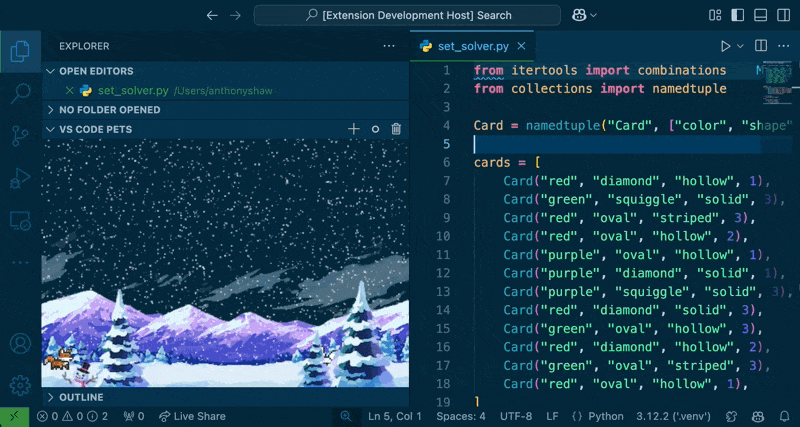
Adds playful, animated pets to your VS Code window. Choose from cats, dogs, snakes, crabs, and more! Over 2 million installs. Throw balls, watch them chase, and boost your productivity with a little joy.

Embed Python into .NET applications seamlessly. CSnakes uses a source generator to create type-safe C# bindings from Python type hints. Supports .NET 8/9, Python 3.9-3.13, and free-threading mode.
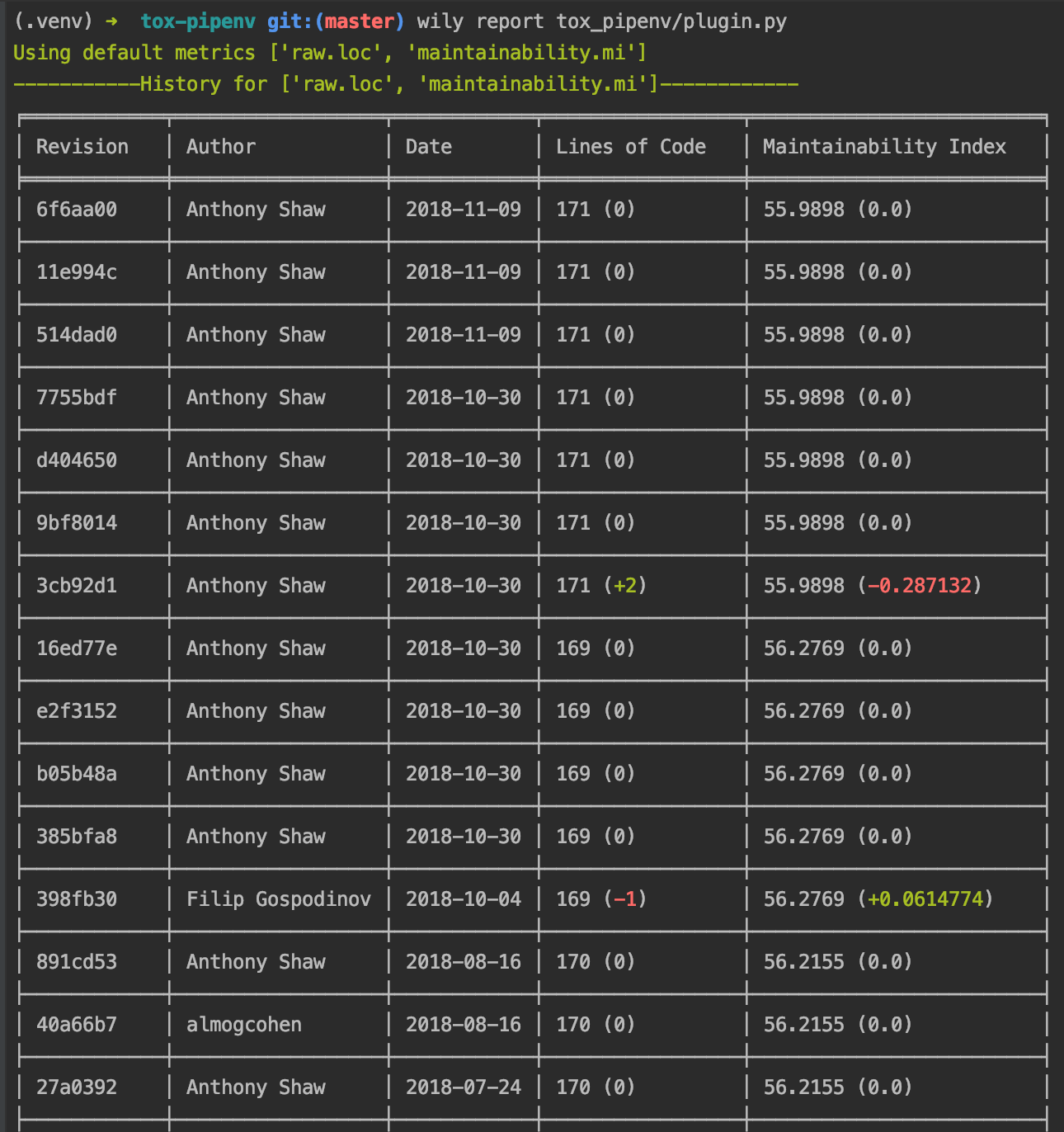
Track and report on code complexity over time. Wily analyzes your Git history to show how your codebase evolves. Generate reports, graphs, and CI checks for maintainability metrics like cyclomatic complexity.
A linter for Python performance anti-patterns. Catch common mistakes that slow down your code: unnecessary list comprehensions, inefficient loops, and suboptimal built-in usage.
A plugin for Simon Willison's LLM CLI that adds support for 30+ GitHub Models including GPT-4o, DeepSeek-R1, Llama, and more. Features streaming, embeddings, image attachments, and seamless GitHub Actions integration.

A beautiful benchmarking tool for Python. Unlike timeit, richbench runs code in proper function scopes for realistic performance measurements. Outputs colorful comparison tables with profiling support.

Async programming was introduced to Python in 2015 with asyncio. A decade later, most Python code is still synchronous. We explore the challenges, misconceptions, and ecosystem barriers that have limited async adoption.

CPython 3.13 introduces an experimental JIT compiler using a novel "copy-and-patch" technique. We break down how it works, what performance gains to expect, and what this means for the future of Python performance.
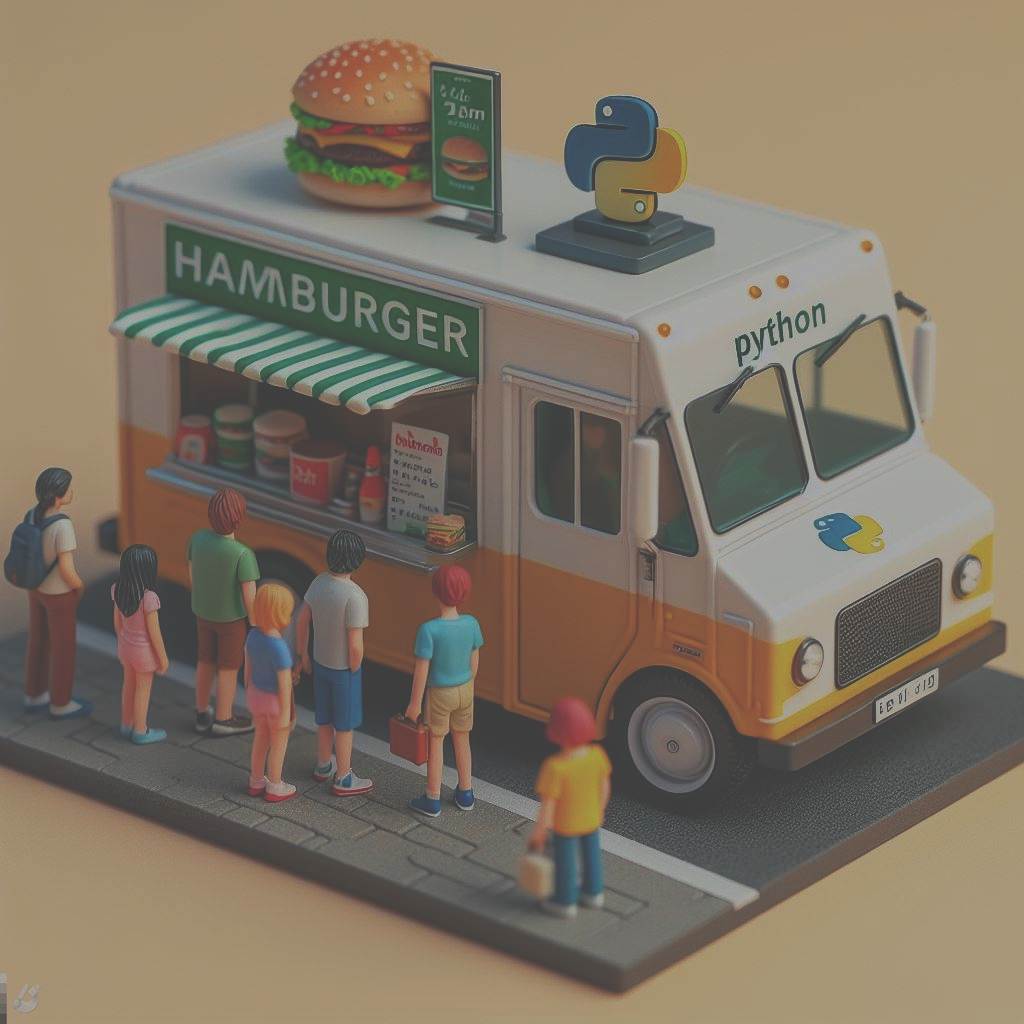
Choosing the right worker count, timeout settings, and process model for Gunicorn, Uvicorn, and Hypercorn can dramatically impact your Flask, Django, or FastAPI application's performance. Here's how to tune them.

A deep-dive into CSnakes, a new tool for embedding Python into C# applications. Learn how to call Python code from .NET with full type safety, NumPy integration, and seamless interop using Python's C-API.
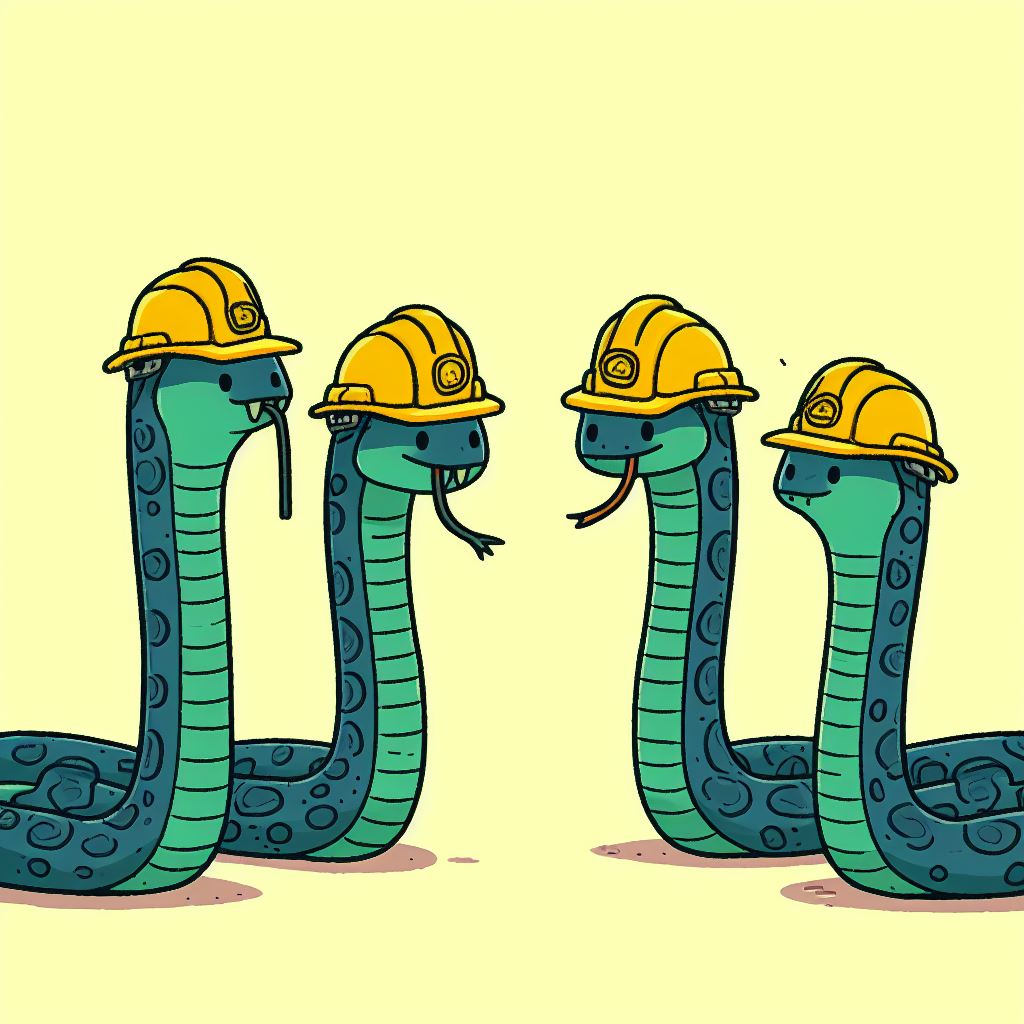
Python 3.12 introduces per-interpreter GIL, enabling true parallelism. We explore how to use sub-interpreters for parallel web workers, the current limitations, and where this technology is headed.
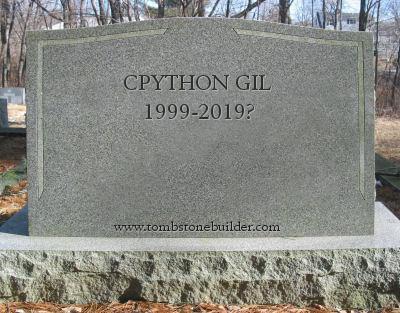
The Global Interpreter Lock has been Python's most controversial feature for decades. With sub-interpreters and free-threading on the horizon, we explore what's changing and whether the GIL's days are truly numbered.